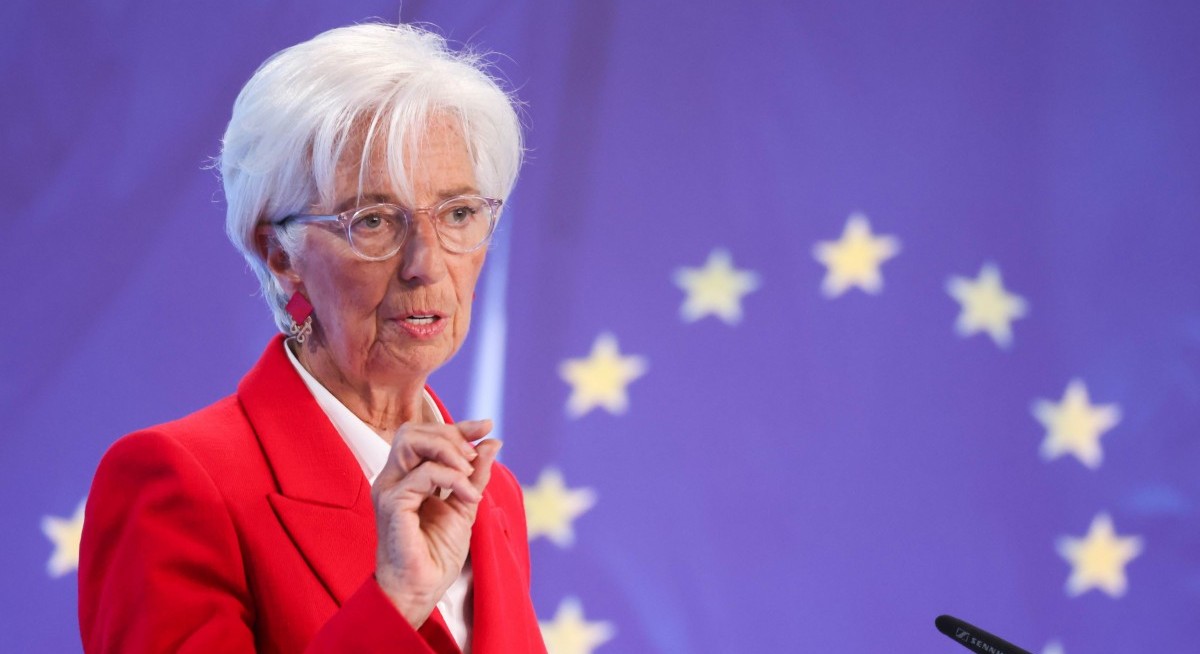“Inflation is currently at around the 2% medium-term target and the Governing Council’s assessment of the inflation outlook is broadly unchanged,” the ECB said in a statement.
Most officials reckon interest rates are appropriate to cope with the fallout from Donald Trump’s trade levies, geopolitical tensions and — more recently — renewed political turbulence in France that’s rattled markets. Economic expansion in the 20-nation euro area has held up, while inflation — at a shade over the 2% goal — is under control.
Updated quarterly projections showed consumer prices will rise 1.7% next year — closer to target than the previous 1.6% forecast. But in 2027, they’ll increase by 1.9%, less than envisaged earlier. Gross domestic product is seen advancing 1.2% this year and 1% in 2026.
President Christine Lagarde will be quizzed on the outlook and other topics at a press conference starting at 2:45 p.m. in Frankfurt.
See also: ECB yet to see full impact of euro appreciation, Kazaks says
The ECB lowered rates eight times in the space of a year before standing pat in July. That brought them down from a peak of 4% to a level that’s seen as neither restricting nor supporting the economy. Analysts and investors no longer see more cuts this year.
The likely plateau for the ECB coincides with preparations by the Federal Reserve to trim borrowing costs next week for the first time since December. The shift is mainly due to signs of weakness in the jobs market. Data later Thursday are set to show US consumer prices rose 2.9% in August — up from 2.7% the previous month.
Inflation in the euro area isn’t expected to stray too far from 2% over the medium term, with most officials confident that price stability has been restored after the spike that followed Russian’s invasion of Ukraine.
See also: Casino creditors offer to take over ailing supermarket chain
Some, like Lithuanian central-bank Governor Gediminas Simkus, fret more about a prolonged undershoot, however, listing a firmer euro among other factors. Others including hawkish Executive Board member Isabel Schnabel see inflation risks as tilted to the upside. They cite trade friction and a jump in European defense spending.
At the same time, the economy is proving resilient. Despite the European Union’s trade deal with the US irking industry by fixing tariffs of 15% on most exports, confidence has improved and a years-long manufacturing slump is nearing its end.
This week’s collapse of France’s government over unpopular budget reforms poses a new challenge, however. Wednesday saw Sebastien Lecornu become the country’s fifth prime minister in two years.




